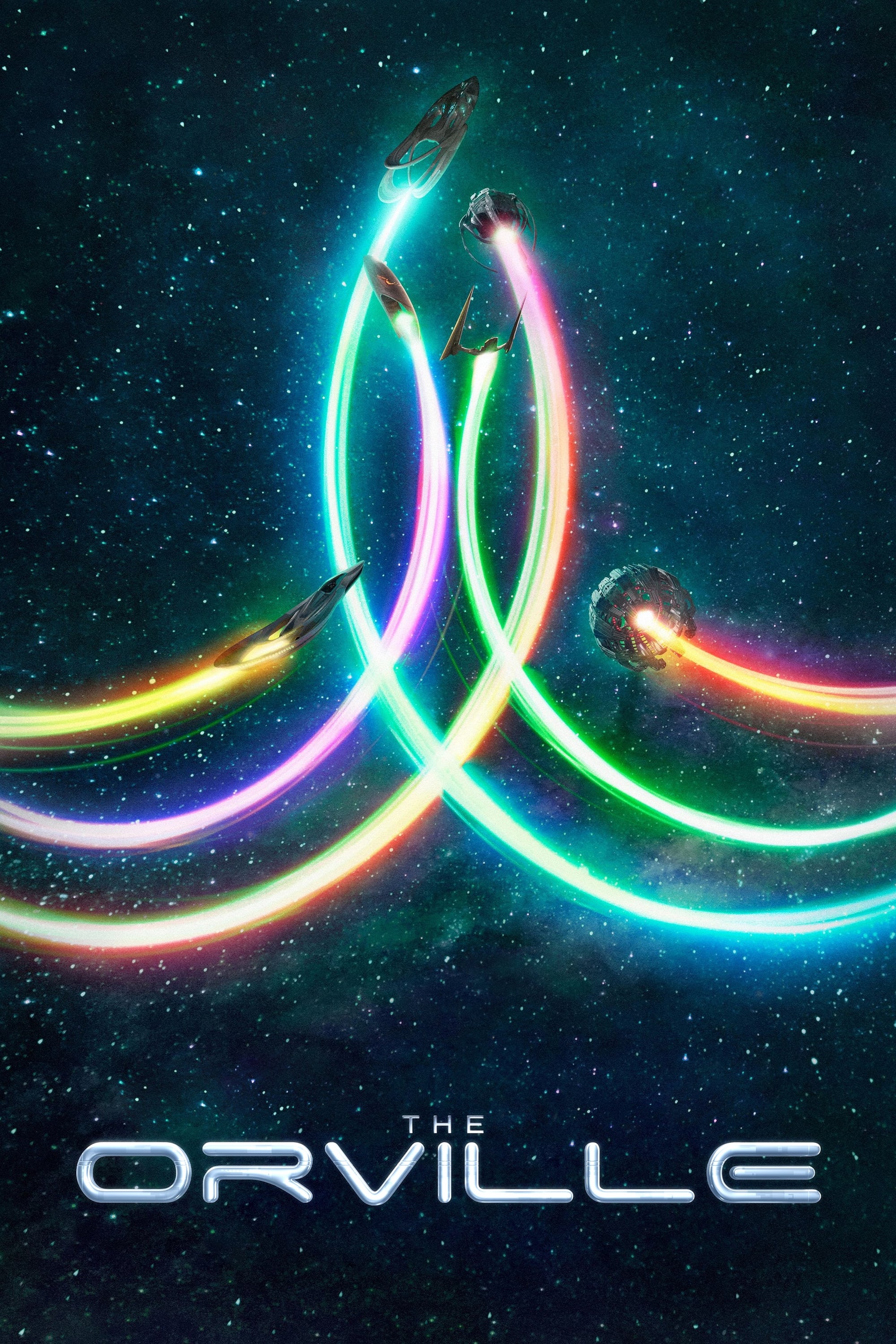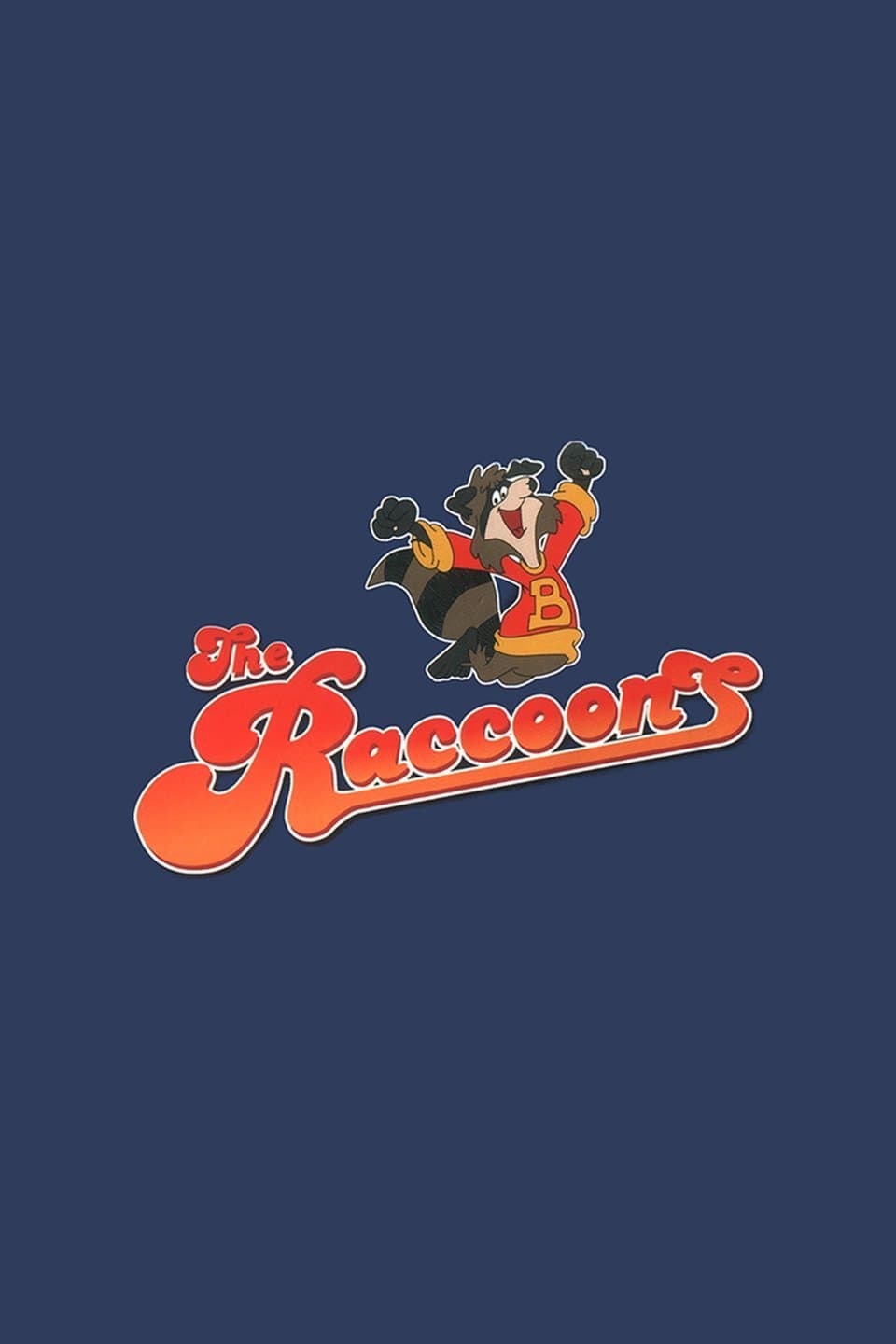
Aaron Pilsan – Schumann: Kreisleriana & Geistervariationen – Widmann: Elf Humoresken (2023)
FLAC (tracks) 24 bit/48 kHz | Time – 01:08:42 minutes | 583 MB | Genre: Classical
Studio Masters, Official Digital Download | Front Cover | © Alpha Classics
Schumann composed Kreisleriana in April 1838, at the age of 27: “The youthful thing that I can identify with in Kreisleriana is its spontaneity”, writes pianist Aaron Pilsan. “If I had to describe the piece, I would use the German word for crazy, ‘verrückt’, which doesn’t just mean crazy, but also to be disconnected from reality. So, crazy, imaginative and intimate… There is a huge connection between these two German composers, as Jörg Widmann was inspired by Schumann’s music a lot and even his musical language is very similar, even though their styles are obviously very different. The starting point for Widmann’s music is from feelings, from the emotions and sentiments and that is where there is a similarity, but not only there. He even quotes Robert Schumann in his tenth Humoreske, taking a bar directly from Schumann’s Geistervariationen.”
Read more
Aaron Pilsan – Schumann: Kreisleriana & Geistervariationen – Widmann: Elf Humoresken (2023)
FLAC (tracks) 24 bit/48 kHz | Time – 01:08:42 minutes | 581 MB | Genre: Classical
Studio Masters, Official Digital Download | Front Cover | © Alpha Classics
Schumann composed Kreisleriana in April 1838, at the age of 27: “The youthful thing that I can identify with in Kreisleriana is its spontaneity”, writes pianist Aaron Pilsan. “If I had to describe the piece, I would use the German word for crazy, ‘verrückt’, which doesn’t just mean crazy, but also to be disconnected from reality. So, crazy, imaginative and intimate… There is a huge connection between these two German composers, as Jörg Widmann was inspired by Schumann’s music a lot and even his musical language is very similar, even though their styles are obviously very different. The starting point for Widmann’s music is from feelings, from the emotions and sentiments and that is where there is a similarity, but not only there. He even quotes Robert Schumann in his tenth Humoreske, taking a bar directly from Schumann’s Geistervariationen.”
Read more
Kian Soltani, Aaron Pilsan – Home (2018)
FLAC (tracks) 24 bit/96 kHz | Time – 01:18:44 minutes | 1,33 GB | Genre: Classical
Studio Masters, Official Digital Download | Front Cover | © Deutsche Grammophon (DG)
No, no, we’re not going to pretend that the repertoire chosen by the Austrian-Persian (the nationality stated on his website… born in 1992) cellist Kian Soltani and the Austrian pianist Aaron Pilsan is completely original: Schubert’s “Arpeggione” Sonata, recorded a thousand and one times, and Schumann’s Fantasiestücke form the backbone of the record. But what’s really remarkable here is Soltani’s career: the soloist made his big international breakthrough in 2011 at the age of 19, with triumphant débuts at the Vienna Musikverein, and then First Prize at the International Paulo Cello Competition in Helsinki in 2013. Shortly thereafter he joined Barenboim’s West-Eastern Divan Orchestra, firstly as the first solo cellist, and then as one of the soloists in Beethoven’s Triple Concerto and Strauss’s Don Quixote still with Barenboim. Concerts followed in Berlin, the Salzburg and Lucerne festivals, and the BBC Proms, as a soloist or in a chamber ensemble. A brilliant career, off to a flying start. The album listing finds a touch of originality at the end, with Persian Folklore by the Iranian composer Reza Vali (b. 1952), a piece of writing inspired by Kodály’s own translations of popular Hungarian music into classical language.
Read more
Aaron Pilsan, Anna Reszniak, Elisabeth Kufferath, Maya Meron, Gustav Rivinius, Edicson Ruiz – Mendelssohn & Penderecki: Sextets (Live) (2017)
FLAC (tracks) 24 bit/48 kHz | Time – 58:57 minutes | 578 MB | Genre: Classical
Studio Masters, Official Digital Download | Front Cover | © CAvi-music
Two live recordings of Piano Sextets from the 2016 SPANNUNGEN Festival – a highly regarded Chamber music Festival. Highly rated young artists interpreting chamber music which can only be heard on rare occasions.
The pieces of Mendelssohn and Penderecki do not have only the cast in common, but also its lyrical and romanticism approaches.
![Aaron Pilsan - Bach: The Well-Tempered Clavier, Book I, BWV 846-869 (2021) [Official Digital Download 24bit/48kHz] Download](https://i0.wp.com/imghd.xyz/images/2022/01/13/uepeqttmuum8b_600.jpg?resize=500%2C500&ssl=1)
Aaron Pilsan – Bach: The Well-Tempered Clavier, Book I, BWV 846-869 (2021)
FLAC (tracks) 24 bit/48 kHz | Time – 01:46:56 minutes | 936 MBGenre: Classical
Studio Masters, Official Digital Download | Digital Booklet, Front Cover | © Alpha Classics
Aaron Pilsan is only twenty-five years old, but he already has a busy career to his credit, with a solo album devoted to Beethovenand Schubert – very well received by the critics – and another of duo repertory with the cellist Kian Soltani. A student of Lars Vogt, he has also received guidance from András Schiff – Bach has always been at the centre of their work together. The young Austrian pianist has been fascinated since childhood by The Well-Tempered Clavier, “that musical journey on which Bach embarks with us in Book One: from the seemingly simple and joyful triad of the famous Prelude in C major to the final fugue, of a complexity almost worthy of Schoenberg, on a subject that already includes the twelve semitones of the chromatic scale… Ever since I became interested in Bach’s music, I have never ceased to ask myself how to make the modern grand piano – which has a rich fundamental sound but a reduced volume of harmonics compared to the harpsichord – produce an essentially “well-tempered” impression on the listener… But for me it was not a question of instrumental history, but of interpretation”.
(more…)

























